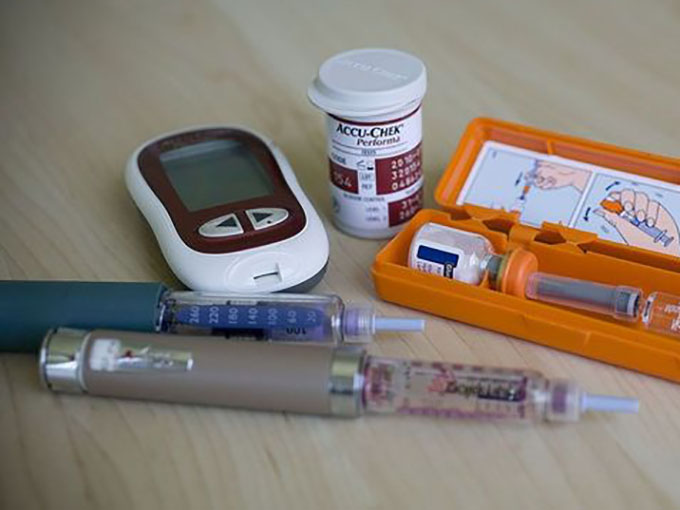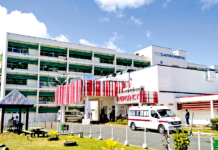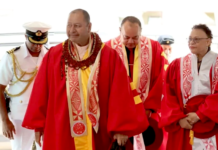The latest life expectancy world rankings show Fiji has the highest death rate from diabetes in the world with 188 of 100,000 fatalities being attributed to the disease.
The head of Diabetes Fiji says the ranking highlights the magnitude of the problem and the need for a more proactive approach.
Jenny Meyer reports:
Transcript
Project manager Viliame Qio says people are shying away from medical attention and treatment out of denial and so when they do come forward they have more severe complications from their illness.
He says there needs to be more community education about diabetes and many people turn to traditional healers for help first, which also delays effective treatment.
“We have three amputations that take place in a day in the major hospitals and the main reason is the people are presenting late, they come very late, they are not coming early. So we want to get people to be educated that they have to seek medical attention first before they resort to other traditional methods or herbal methods.”
Viliame Qio says diabetes is the leading cause of disability in Fiji and people need to heed the public health messages about poor eating habits and sedentary lifestyles.
Dr Jone Hawera is a Fijian surgeon and says the diabetes crisis is becoming more widespread now affecting people in rural areas and at younger ages.
‘Bottom of the cliff’
“Just last week we amputated half a foot of a 30-year-old i-Taukei female. It’s not only the rate that’s increasing it’s also the age group that’s involved with the amputations. And that means we have a big disabled and non productive population. The economic impacts that’s going to make for us is huge.”
Dr Hawera says he is part of a group of frustrated, demoralised, under-resourced health personnel working at the bottom of the cliff trying to deal with the ongoing diabetes crisis.
He says there are many factors affecting the rate of diabetes including issues like food security and climate change and policy makers must do more to turn the crisis around.
He says diabetes is a physical manifestation of social issues and preventative policies need to address these.
“It’s preventable and that’s the hope that we continue to have, we know that it’s preventable. A lot of these deaths are preventable. A lot of these complications like amputations are preventable. We are trying to improve our education and our awareness, making people really understand what diabetes is and what causes it and the many ways they can prevent complications once they have it.”
Dr Hawera says he would like to see diabetes education get to a point in Fiji where people are prevented from getting the disease in the first place.
Early detection vital
Viliame Qio says both education and early detection are vital to dealing with the crisis.
“The very important thing is that you get screened and secondly that you adopt a healthy lifestyle. Especially the eating habits.
“Our diet has been transitioning from healthy food to very fast food and with this fast food comes a sedentary lifestyle. We need people to be very health cautious, to be mindful of what they eat and be physically active.”
Fiji’s Ministry of Health says one in three Fijians has diabetes and there is a higher incidence in Fijians of Indian descent.
It encourages regular health checkups and says symptoms include frequent urination, feeling thirsty and hungry, fatigue, blurry vision and pain in the hands and feet.
This RNZ Pacific item is part of the content sharing arrangement with the Pacific Media Centre.


















































[…] (adsbygoogle = window.adsbygoogle || []).push({}); Source link […]
Comments are closed.